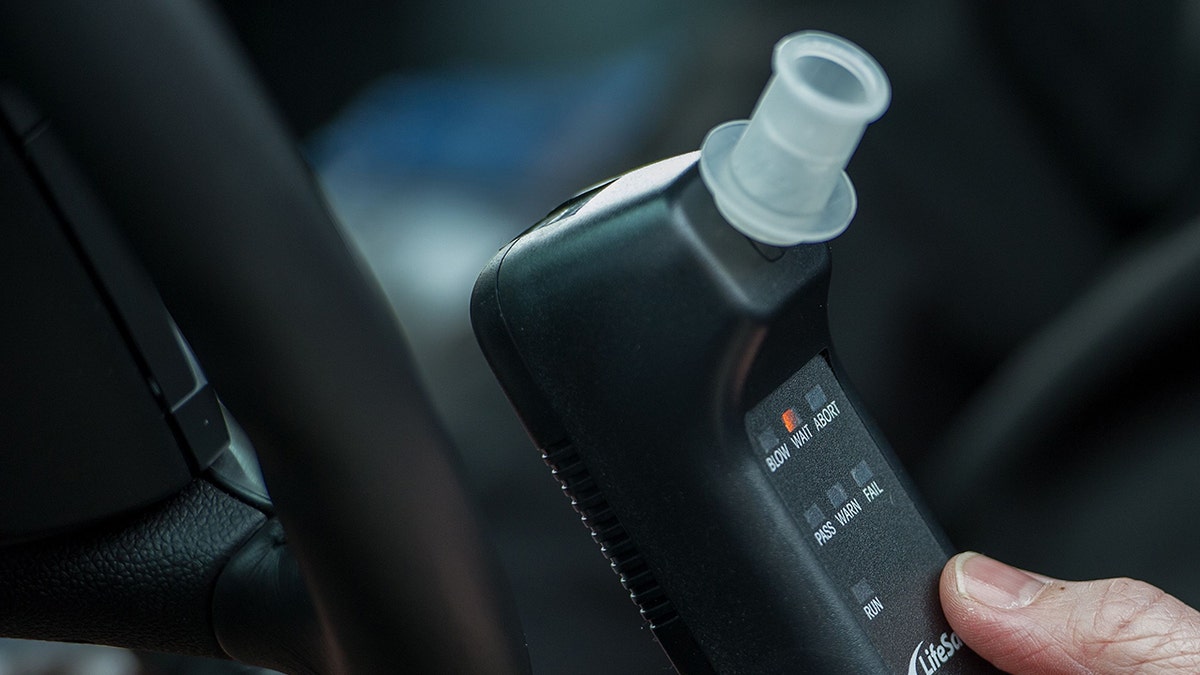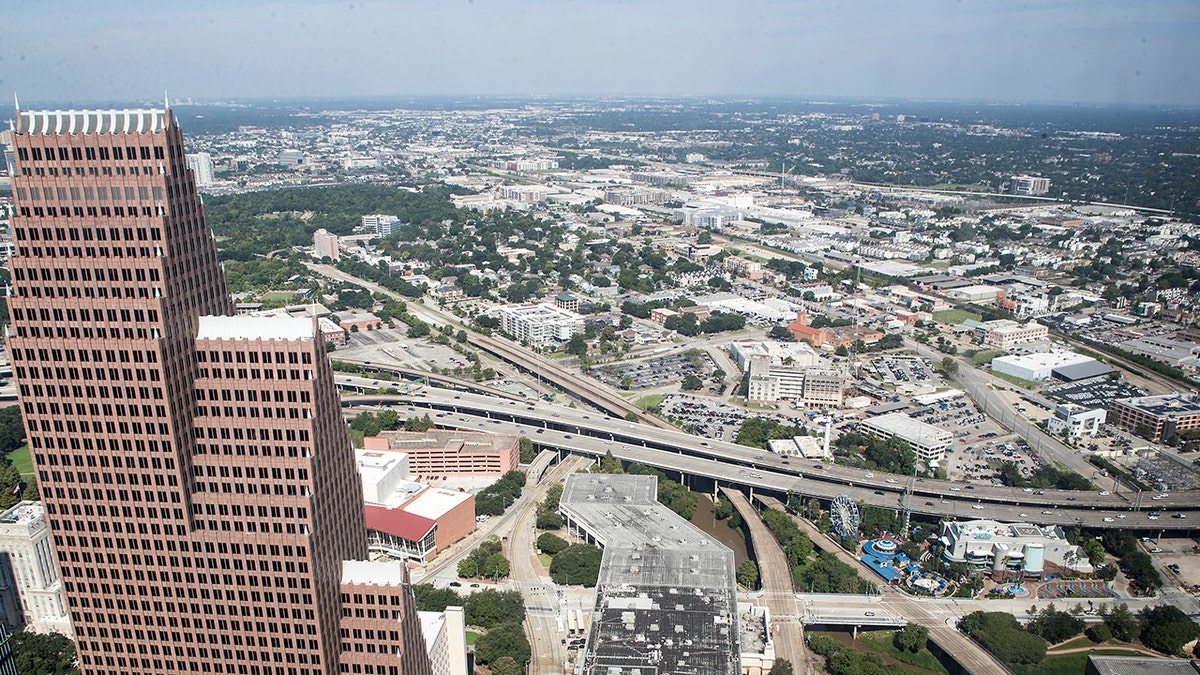Houston man found 'not guilty' after being ticketed for volunteering to help feed the homeless
A Houston man ticketed for volunteering to help feed the homeless downtown has been declared 'not guilty’ by a jury. CREDIT: (FOX 26 Houston).
Authorities in Texas say an off-duty police officer who blew almost double the legal limit during a DWI arrest earlier this month will no longer be prosecuted after an unexpected detail derailed the case.
According to court records, the Harris County District Attorney's Office dropped a DWI charge against Houston Police Department officer Phillip Marquez, 38, who was accused of being drunk on his motorcycle on the side of the road on Sept. 14 due to "insufficient evidence of defendant's guilt."
At the time, local reports say, he blew .15 – almost double the legal limit – into a breathalyzer and was arrested for driving while intoxicated. He was then booked into Harris County Jail.
On Friday, however, the charge was dismissed as prosecutors cannot prove that he was ever driving his motorcycle, KTRK reported.
OFF-DUTY TEXAS TROOPER SHOOTS NEIGHBOR HE BELIEVED WAS TRYING TO BREAK INTO HIS APARTMENT

Houston Police Department officer Phillip Marquez, 38, was allegedly found drunk on his motorcycle on the side of the road on Sept. 14. (Harris County Jail)
On Sept. 14, a passing motorist called the police after seeing a vehicle on the side of the road, and responding officers found Marquez, who was off-duty at the time, on the stalled motorcycle.
The vehicle was described as "non-operational."
Officers required Marquez to undergo an alcohol breath test, and the off-duty officer explained to the officers where he was six hours before that moment but never admitted to driving while intoxicated, according to KTRK.
No one witnessed him driving the vehicle either.
AUSTIN PD HUNDREDS OF OFFICERS SHORT AS CRIME CRIPPLES CITY; UNION WARNS: 'DON'T HAVE THE RESOURCES'

Ultimately, the district attorney's office said they could not prove that Phillip Marquez ever operated the motorcycle — a necessary element of a DWI. (PAUL J. RICHARDS/AFP via Getty Images)
Ultimately, the DA's office said they could not prove that Marquez ever operated the motorcycle — a necessary element of a DWI.
"Where somebody has been found on the side of the road, they're near a vehicle, it looks like they were driving, but nobody saw them driving, the government has to determine if they can prove the case through circumstantial evidence," defense attorney Brian Foley, a former prosecutor in the vehicular crimes division, told KTRK.
He added, "What a police officer will know is that one of the elements of DWI is to prove you were actually operating the vehicle, so you might say something that shows that you're there, but maybe I wasn't operating. That would be the first thing you would try to conceal."

Phillip Marquez never admitted to driving while intoxicated. (Brett Coomer/Houston Chronicle via Getty Images)
Foley said he has seen a "wheeling issue" like this derail other prosecutions, usually involving prosecutors having to prove suspects were intoxicated at the time of driving — not to prove they were driving in the first place.
CLICK HERE TO GET THE FOX NEWS APP
"It's more likely to dismiss a case because you're not sure if they're intoxicated at the time of driving as opposed to not being sure that they did drive," he said.
Marquez, a senior officer who was first sworn in as an officer in June 2008, was subsequently relieved of duty following his arrest, pending an internal investigation by the Houston Police Department.

